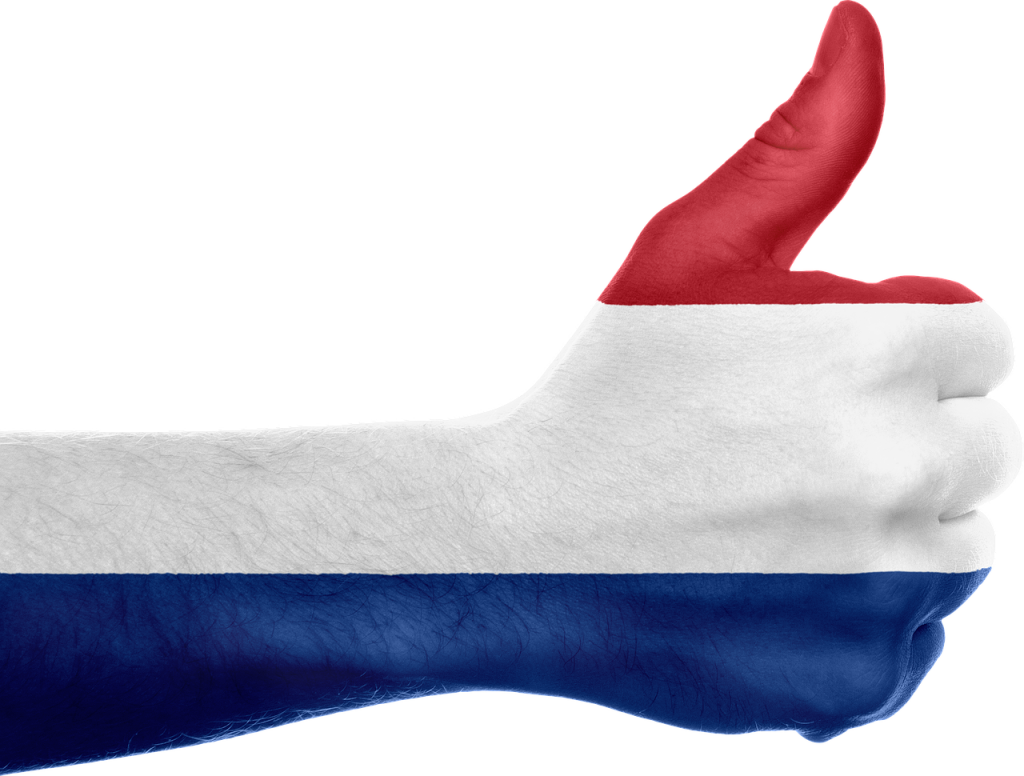that suits me fine, that fits in very well [Dutch phrase of the week] ![]()
 “Dat komt goed uit” is literally translated as “that comes good out” 😉 The verb in the phrase is “uitkomen” which has several meanings, such as “to end up, to lead to, to come out, to be disclosed”. “Dat komt goed uit” is used when two events luckily coincide, making things easier for the people involved. Since it is often used as a reply to a proposition, people might add “me”: “dat komt me goed uit”, or “that suits me fine” or “that is very convenient for me”.
“Dat komt goed uit” is literally translated as “that comes good out” 😉 The verb in the phrase is “uitkomen” which has several meanings, such as “to end up, to lead to, to come out, to be disclosed”. “Dat komt goed uit” is used when two events luckily coincide, making things easier for the people involved. Since it is often used as a reply to a proposition, people might add “me”: “dat komt me goed uit”, or “that suits me fine” or “that is very convenient for me”.
Examples:
– “Ik heb volgende week alleen op dinsdagmiddag nog vrij in mijn agenda.” – “Dat komt goed uit, dat is ook de enige middag dat ik kan.”
(“I only have a free space in my calendar on Tuesday afternoon next week.” – “That fits in very well, that’s the only afternoon that would be possible for me.”)
– “Het komt goed uit dat je Italiaans spreekt, anders hadden we nooit dat vakantiehuisje kunnen regelen.”
(“It comes in handy that you speak Italian, otherwise it would have been impossible to arrange that holiday cottage.”)
– “Ik heb zo’n zin in winterkost!” – “Dat komt goed uit want ik heb net stamppot gemaakt.”
(“I really feel like winter food!”- “That’s very convenient, because I have just made mashed potatoes and cabbage.” See picture for a version of “stamppot” called “boerenkool met worst”.)
– “Ik voel me niet zo lekker vandaag maar hoef niet te werken dus dat komt goed uit.”
(“I don’t feel very well today but I don’t have to work so that suits me fine.”)
– “Wil je een lift naar huis? Ik moet toch die kant op dus dat komt goed uit.”
(“Do you want a ride home? I have to go that direction anyway so that fits in very well.”)
Related words:
– Uitkomen: to end up, to come out, to lead to, to be disclosed [verb] [kwam uit, uitgekomen]



